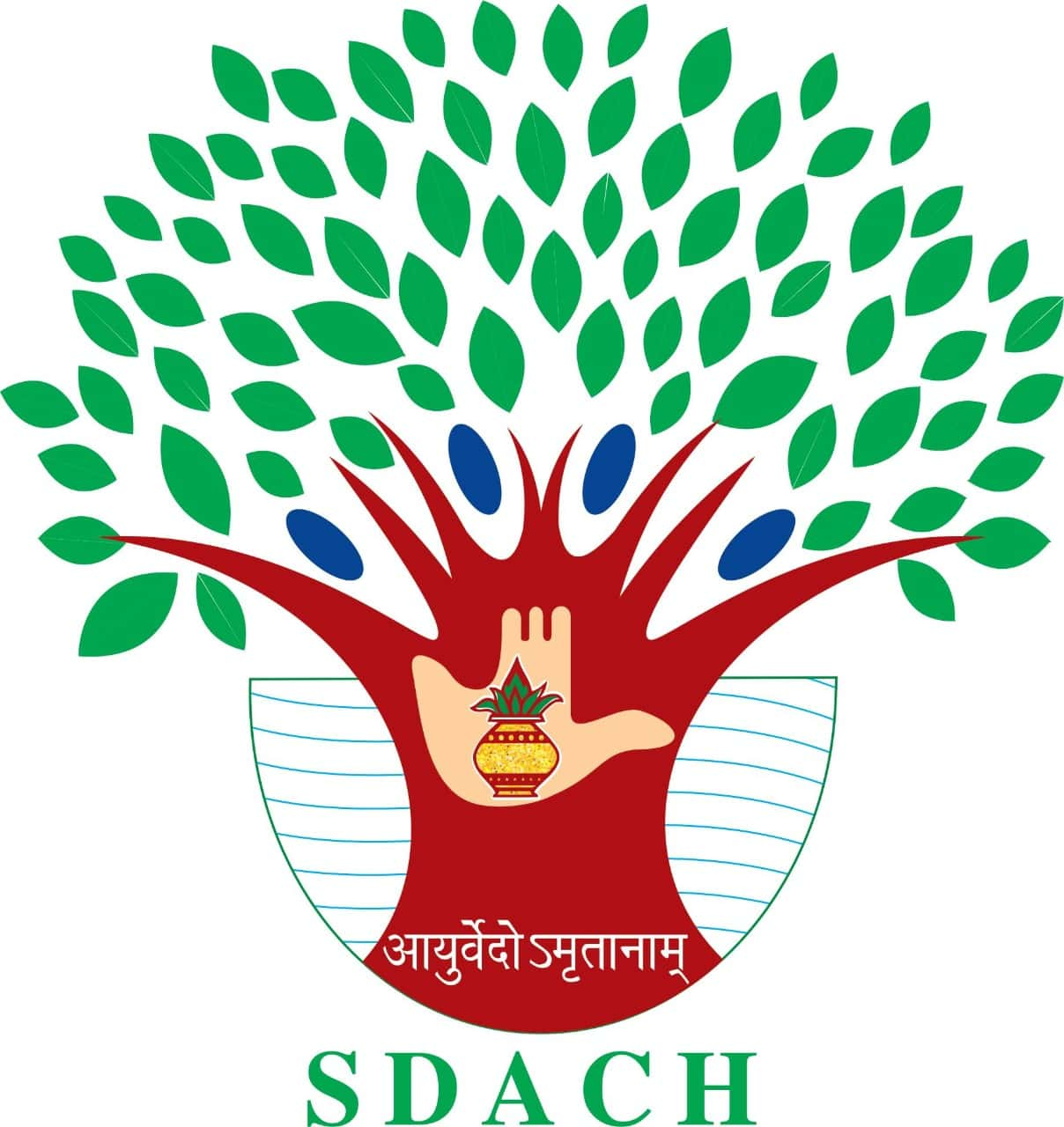Botanical Name : Cinnamomum tamala
Family : Lauraceae
Introduction :
This plant is cultivated. North and South region of india using different plants as tamala patra. Cinnamon, common name for several related trees of the laurel family, and for a spice made from the dried bark of the trees. The best-known species is native to Sri Lanka; it is cultivated in many other tropical countries in Southeast Asia and elsewhere, but that grown in Sri Lanka is superior in taste. The tree, which usually grows up to 12 m (40 ft) high, is cultivated to grow four to five stems. When the bark begins to turn brown, the stems, which may be about 2.5 m (about 8 ft) tall and 5 cm (2 in) in diameter at the base, are harvested and new ones are trained to grow in their place. After the tree is stripped of leaves and twigs, the inner and outer bark is removed. As the bark dries, it forms rolls (quills), the smaller of which are inserted into the larger, and when fully dry, these are tied in bundles for shipment.
Names in different Indian languages :
Hindi : Jangali dalchini
Malayalam : Edana,vayana,vazhana
Tamil : karrapa
Morphology :
Medium sized tree, blakish bark, aromatic
Leaves – simple, opposite, ovate-lanceolate, glabrous , aromatic.
Flower – yellowish
Fruit – drupe
Seed- single seeded.
Distribution & Habitat :
Cultivated all over India
Chemical constituents :
Cinnamaldehyde, Eugenol, tetrahydroxyflavandiols, diterpenes, cinnzeylanin and cinnzeylanol.
Properties :
RASA- katu, kashaya
Guna- laghu
Virya- ushna
Vipaka-katu
Karma : deepana,pachana, krimighna
appetizer, diaphoretic, diuretic
Internal uses :
Digestive system : Indigestion , loss of appetite, colic and diarrhoea.
Reproductive system : It is used in uterine inertia, It also helps fertilization and overcomes habitual abortion.
It is useful in postpartum amenorrhoea. Bark decoction is used in gonorrhoea.
Indication :
Splenomegaly, hepato magaly , colic
Part used :
Leaves , bark
Dosage :
2-4 g.
Therapeutic Uses :
Powder useful lin indigestion





